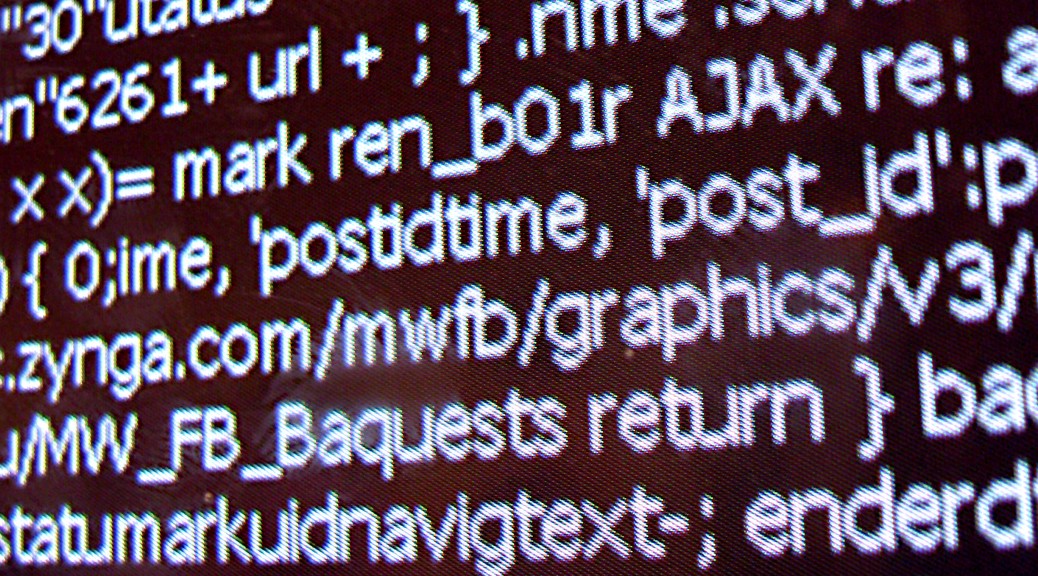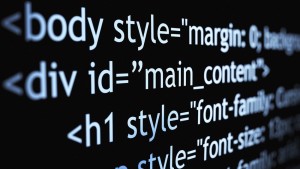What can Facebook’s new spam killer tell us about coding? Wired Magazine attempts to tell us the answer in a recent article titled “Facebook’s New Spam-Killer Hints at the Future of Coding.”
Cade Metz of Wired writes, “LOUIS BRANDY PAUSES before answering, needing some extra time to choose his words. ‘I’m going to get in so much trouble,’ he says. The question, you see, touches on an eternally controversial topic: the future of computer programming languages. Brandy is a software engineer at Facebook, and alongside a team of other Facebookers, he spent the last two years rebuilding the system that removes spam—malicious, offensive, or otherwise unwanted messages—from the world’s largest social network. That’s no small task—Facebook juggles messages from more than 1.5 billion people worldwide—and to tackle the problem, Brandy and team made an unusual choice: they used a programming language called Haskell. In the early ’90s, a committee of academics built Haskell as a kind of experiment in language design, and all these years later, it remains on the fringes of mainstream programming. At GitHub—the primary repository for software code on the ‘net—Haskell ranks 23rd on the list of the most popular languages. Even so, Facebook chose it as the basis for its enormously complex anti-spam system, which went live earlier this year. As I chat with Brandy inside the new Facebook building in Menlo Park, California, I’m trying to understand what this choice says about the evolution of programming languages as a whole. That may seem an innocent enough question, but any straightforward discussion of the merits of one programming language over another is inevitably met with at least a modicum of vitriol as it spills into the wider community of software developers. Coders choose programming languages for any number of technical reasons, but they also choose them for very personal reasons—and these personal reasons inevitably intertwine with the technical. If Brandy praises Haskell too heavily—or indeed criticizes it too heavily—so many others will cry foul. They’ll probably cry foul anyway.”
One way or another, the future of coding will most likely involve your child as more jobs make these skills a requirement. In order to prepare your child for this economy, you need quality, early coding education. When it comes to youth coding education, no one does it better than CodeRev Kids.
At CodeRev Kids, we emphasize computational thinking, which encompasses a wide range of programming concepts and languages. These lessons build upon one another and we adjust starting points to each student’s level of expertise; thus, the entire curriculum is customized.
Furthermore, we keep the focus on having fun. As a result, students stay engaged while learning to blend creativity with technology.
For more information, check out our afterschool programs!









 According to Wired Magazine, if coding isn’t part of your Physics course, something is wrong. Rhett Allain of Wired explores this in a recent article titled “
According to Wired Magazine, if coding isn’t part of your Physics course, something is wrong. Rhett Allain of Wired explores this in a recent article titled “